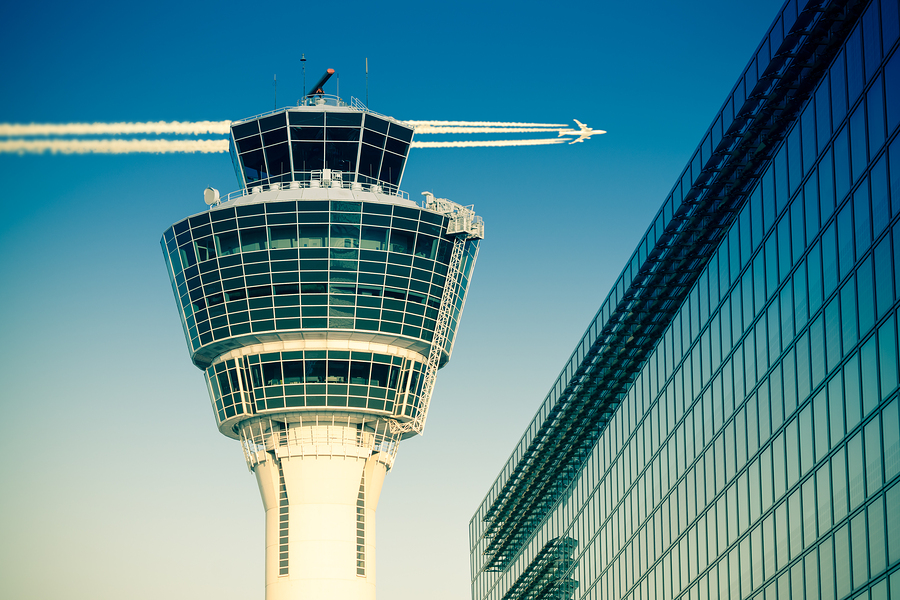
What ATC Reform Means for Private Air Travel
Earlier this month, President Donald Trump announced plans to reform the Air Traffic Control (ATC) system, aiming to shift operational control from the Federal Aviation Administration (FAA) to a private organization. We talked about this back in March, and it appears President Trump will move forward with plans to implement this change.
While it is uncertain exactly how this nonprofit organization would function, there could be widespread ramifications for private jet owners and business jet travelers as well as large airlines.
The argument for reform
In a June 5 speech, Mr. Trump stated his belief that the current ATC system is “antiquated” and “broken.” Reform proponents agree with him. As more countries move toward satellite-based GPS and electronic recordkeeping, there is a general sentiment that the FAA is not structured to keep pace. U.S. general aviation now serves over 1 billion passengers annually, and reform supporters argue that ATC efficiency and reliability are not keeping pace with demand.
The opposition
 On the other hand, many groups within aviation oppose the privatization. Many of them arguing that the United States has more aviation activity than any other nation, and air travel remains safe and reliable. Detractors also point out that the FAA has been moving toward modern GPS systems at a reasonable rate — only constrained by budget, they say — and is on schedule to have fully transitioned by 2020.
On the other hand, many groups within aviation oppose the privatization. Many of them arguing that the United States has more aviation activity than any other nation, and air travel remains safe and reliable. Detractors also point out that the FAA has been moving toward modern GPS systems at a reasonable rate — only constrained by budget, they say — and is on schedule to have fully transitioned by 2020.
Additionally, critics worry about the fees a private organization would be able to levy. Private jet owners and business jet travelers, specifically, are concerned that these kinds of fees will affect them disproportionately. Commercial airlines would have an easier time absorbing extra fees and could raise prices to do so. Beyond that, several aviation industry leaders have voiced concern that the board for such an organization could be stacked with representatives more favorable to commercial airlines.
Proposed benefits
 Despite the criticism, ATC reform could improve air traffic technology at a faster rate while leaving business jet owners and private aviation groups largely unscathed. Instead of being one of many FAA responsibilities, air traffic control could become less expensive and more effective. Private jet owners and business fliers could have more flexibility in planning flights and use modern technology for better safety and efficiency. Business aviation organizations, however, remain skeptical.
Despite the criticism, ATC reform could improve air traffic technology at a faster rate while leaving business jet owners and private aviation groups largely unscathed. Instead of being one of many FAA responsibilities, air traffic control could become less expensive and more effective. Private jet owners and business fliers could have more flexibility in planning flights and use modern technology for better safety and efficiency. Business aviation organizations, however, remain skeptical.
“No one should confuse ATC modernization with ATC privatization — the two are very different concepts,” National Business Aviation Association CEO Ed Bolen said in a Flying magazine interview.
The specifics of the potential reform remain to be seen. While there is a sense of uncertainty surrounding the proposed system, business aviation and private jet ownership will remain viable modes of comfortable, luxurious transportation.